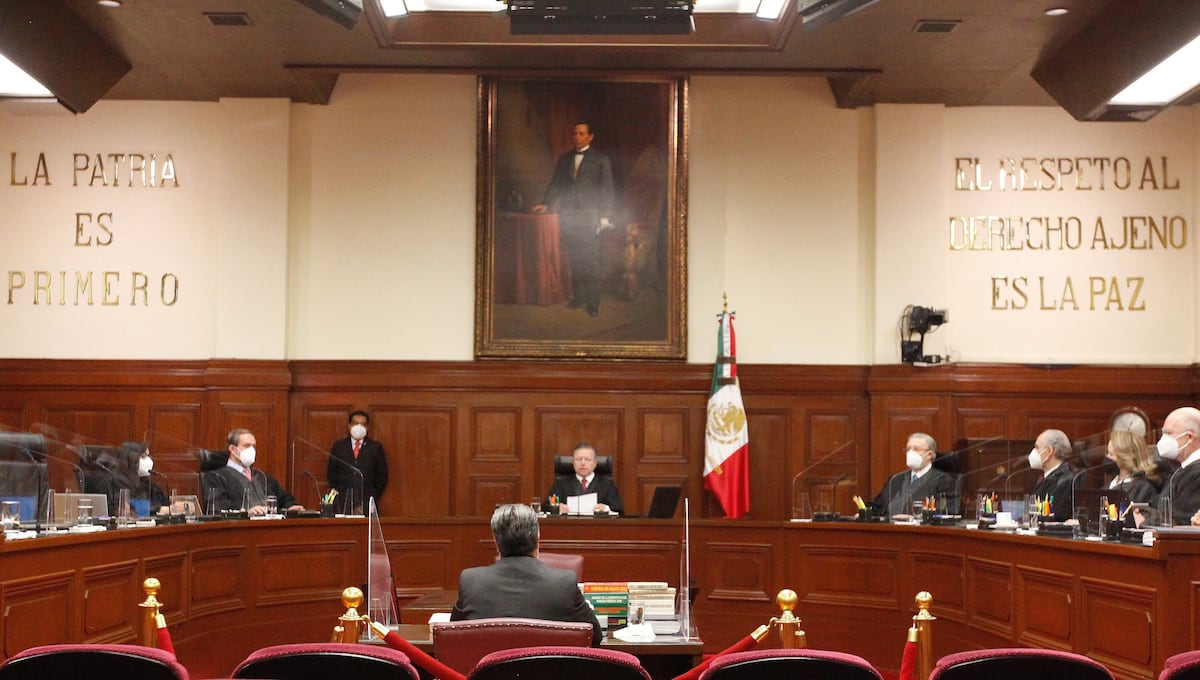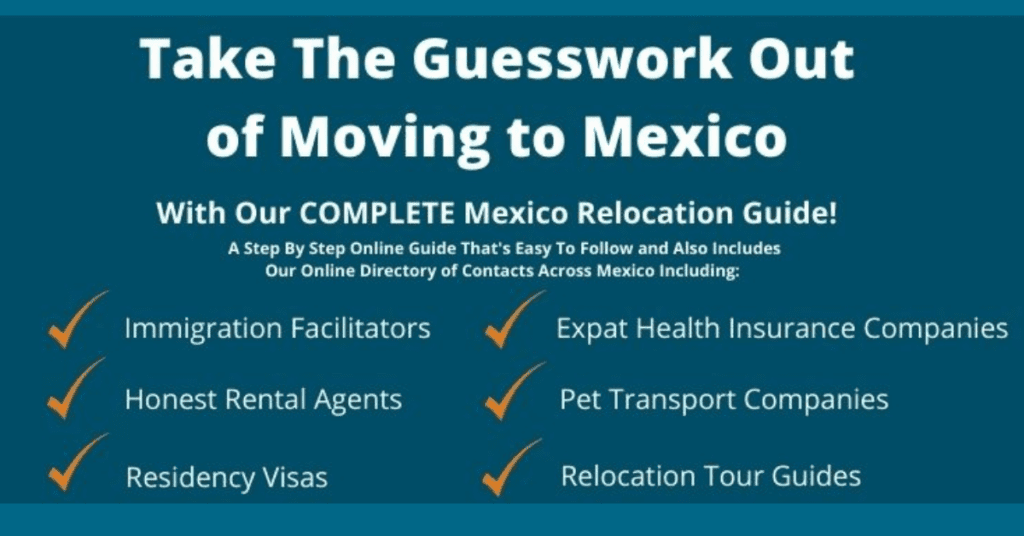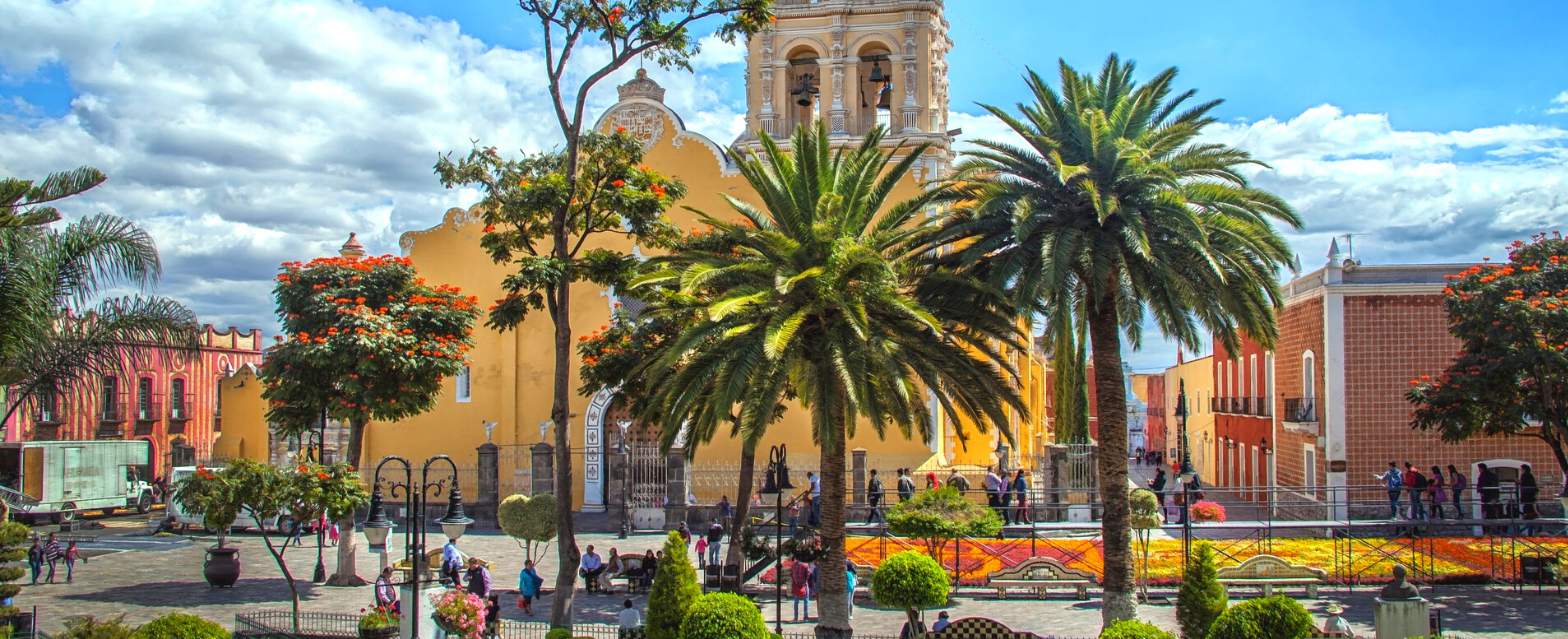We never really take the time to think that we will no longer walk on this earth someday.
And while to many, including myself, the thought seems as if planning your own death; planning for this future “someday” is one of the most important things you should do while you’re still alive. Especially if you plan on buying a house in Mexico, opening bank accounts, would like your medical care handled in a specific way, or for sentimental items to be given to specific people.

As an example, many expats in Mexico don’t know that if you buy property in Mexico, a will or testamento is something you’ll need. Arranging for a testamento isn’t hard at all. And having something prepared in writing can ease the burden on your family and children when you are no longer here to guide them.
So, to help you better prepare, I will explain what a testamento is and when you may need one.
What is a Testamento?
A testamento is the Spanish word for a written will. And it’s an act by which a person over the age of 16, called testator or author of the inheritance, freely expresses his/her will to dispose of his assets, rights, and obligations (known as patrimonio in Spanish) and designates them to specific people after his/her death.

The testator must be free, without the intervention of another person, and without influence, threats, or coercion. In other words, you should write a testamento in Mexico without being pressured by another party to do so. You, as the testator, also remain the owner of all your assets, and you have the complete freedom to sell them, give them away, or carry out any activities with them while you live.
There are two types of wills in Mexico- Especial and Ordinario. Most of you will need an ordination which means ordinary.
What Happens If I Don’t Write A Will?
But what happens if you don’t have a Mexican testamento in place?
In that case, the law establishes who would be the heirs and in what proportion. This situation can cause the deceased family to face high expenses, loss of time, and sometimes conflicts between those who consider they have the right to receive the assets. Then a succession trial would have to take place before a family court to determine the recognition of heirs- who, by the way, may not coincide with the written wishes of the person who died and who did not make a will.
Another unforeseen problem could be the expenses associated with probate. Your heirs may not have the money to take your assets to court and wait out the process. But it can all be avoided if you have a Mexican written will or testamento.
But I Already Have A Will In My Home Country
Some of you may already have a written will from the U.S. or your home country. But what you may not know is that that won’t help your loved ones in a Mexican court in most cases. Why?
Although a foreign will is legally valid in Mexico, it will be very inconvenient, and it can be costly to have it recognized and acknowledged in this country. Even though it is theoretically possible to take a U.S. probate court order or a U.S. will into a Mexican court for enforcement, that procedure is incredibly complicated, time-consuming, and expensive. And it can all be avoided by having a Mexican written will that the Mexican courts recognize and help you avoid probate.

Usually, a Mexican testamento costs around $3,500- $4,000 MXN (~$175-$200 USD) to be written in Spanish and English by a Notario. (Notary in Mexico)
Compare that to the cost of thousands of dollars to have a foreign will apostilled, translated, and notarized in Mexico. Plus court fees, lawyers fees, and added time so that a Mexican court can accept it as a valid document. Not to mention that a Mexican will also save you a trip or two back and forth between your home country to gather any official documents you may need to validate a foreign will in Mexico.
Who Can Help Me Make A Mexican Will?
A Notary (Notario) in Mexico is the highest level in a court. They are regarded as the highest level of education in Mexico’s legal system and hold more power than any attorney.
A Notario can help you draft your legal document, translate it into Spanish and English, and file it in the Mexican court system. The process is fairly simple. The notario will have you fill out a form, pay your fee for the will, and have you appoint an “Albacea” or an administrator to your will in Mexico.
If you’d like to work with one of our recommended Notarios in Mexico, visit our COMPLETE Mexico Relocation Guide- We give you access to a variety of professional contacts across Mexico. We also give you a more in-depth plan to help you with your estate planning in Mexico.

What About My Bank Accounts?
You can designate any natural or legal person as a beneficiary, but if that person is a minor, there must be an elder in charge of managing the minor’s assets until he/she is at least 18.
Beneficiaries will be designated by the account holder in the contract they sign with the bank when opening an account. However, the owner may at any time modify the percentages established for each beneficiary, as well as appoint new ones or remove those that he had established as such, which is called the revocation of beneficiaries.
But what happens if you don’t have any beneficiaries or a testamento?
In this case, a lawsuit called legitimate succession must be initiated, in which a judge will dictate a sentence indicating to the bank who are the legitimate heirs of the account holder so that it delivers the remaining amounts that are still deposited in the account, according to what corresponds to each one by legitimate succession.

On the other hand, when a person is a user of credit via a credit card or mortgage loan and dies, the life insurance associated with that financial product (credit card or mortgage loan) settles the amount of the debt. Verify that the credit card you use or the credit agreement you have signed has associated life insurance. In the event of the death of the borrower, notify the corresponding bank of the fact, presenting the original of the death certificate and the contract or credit card number in question.





